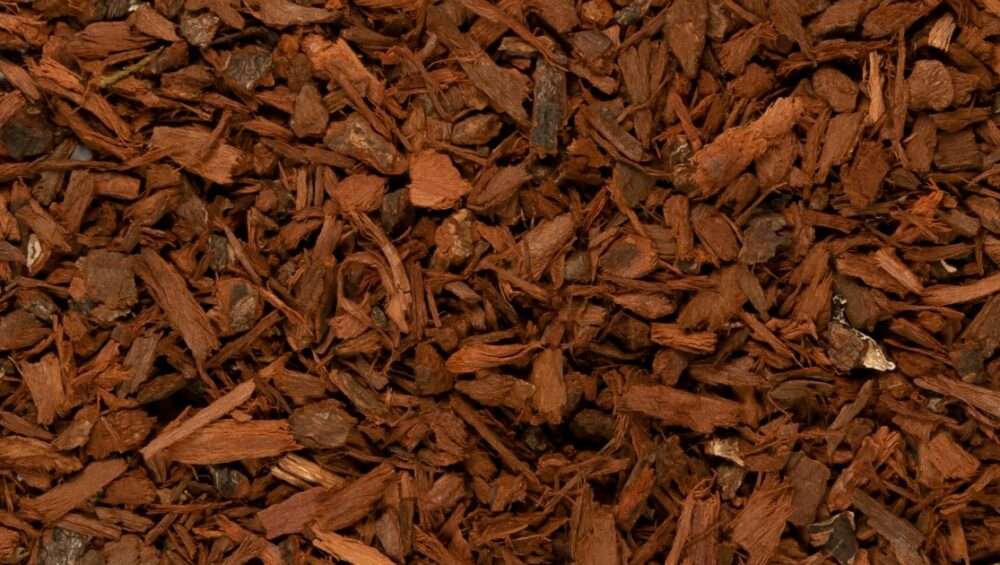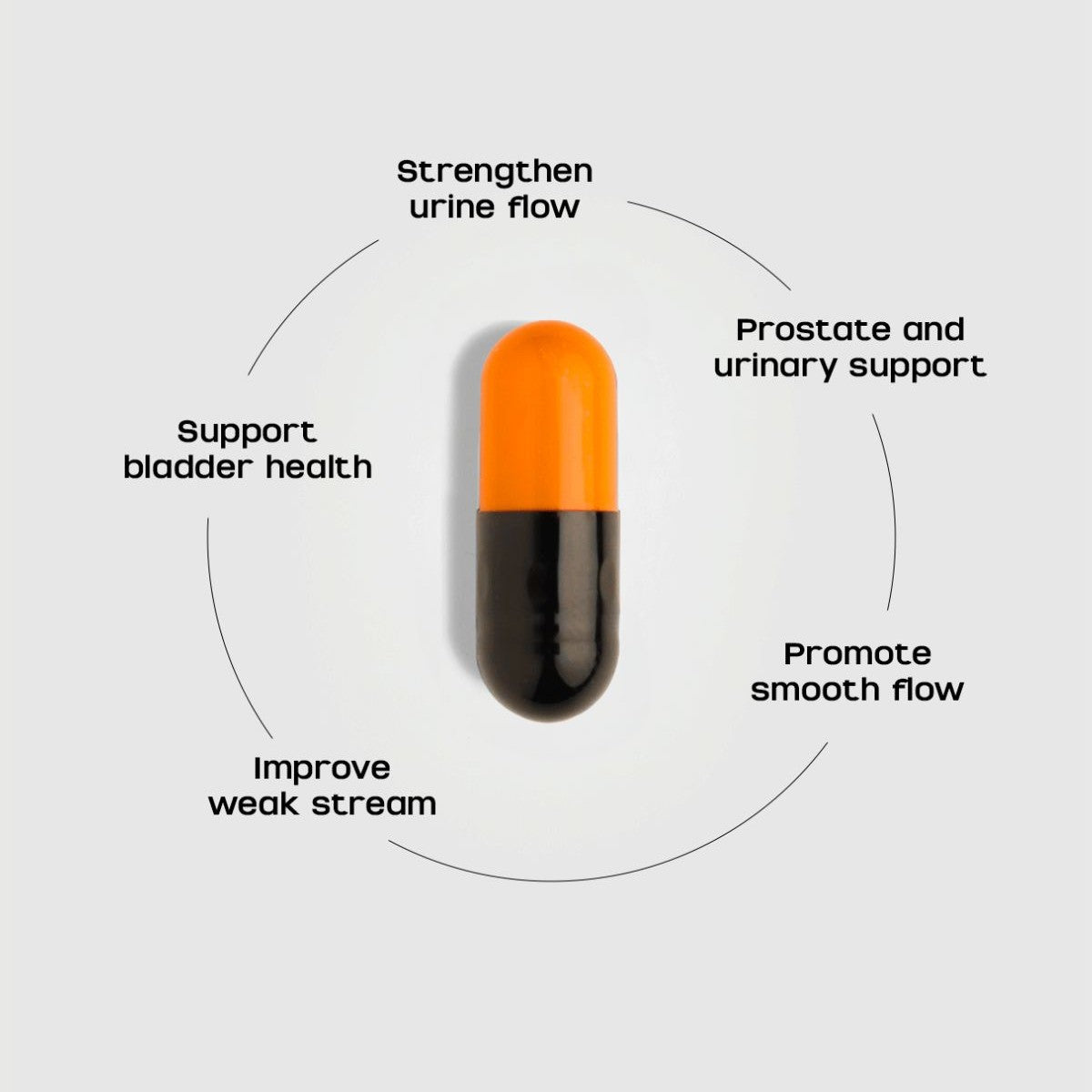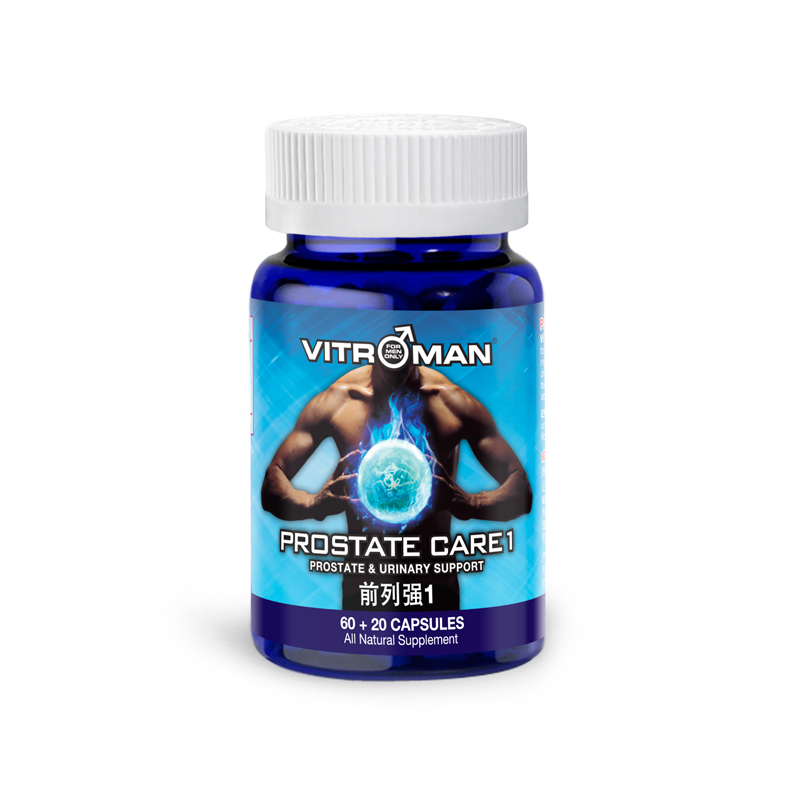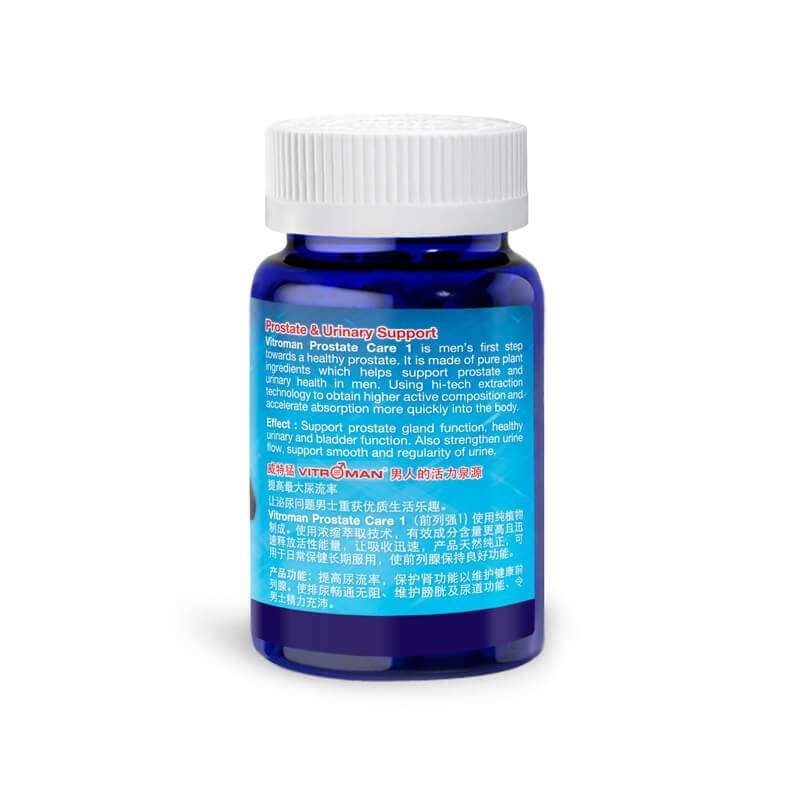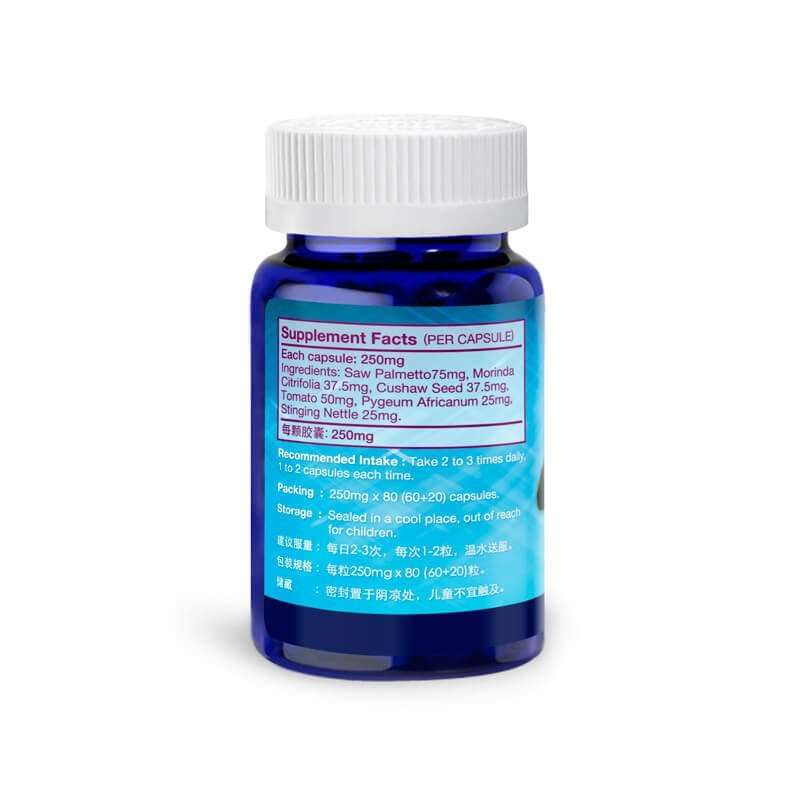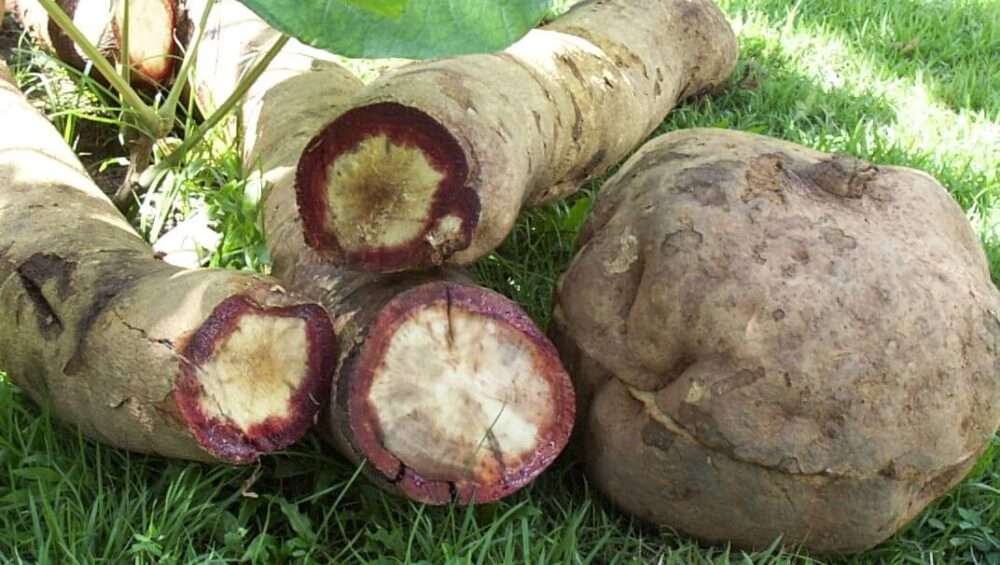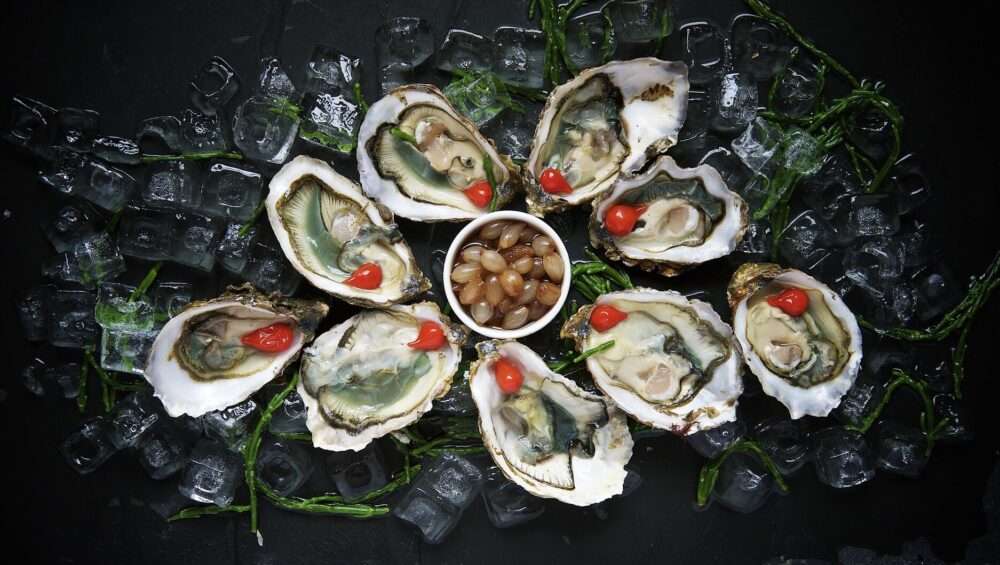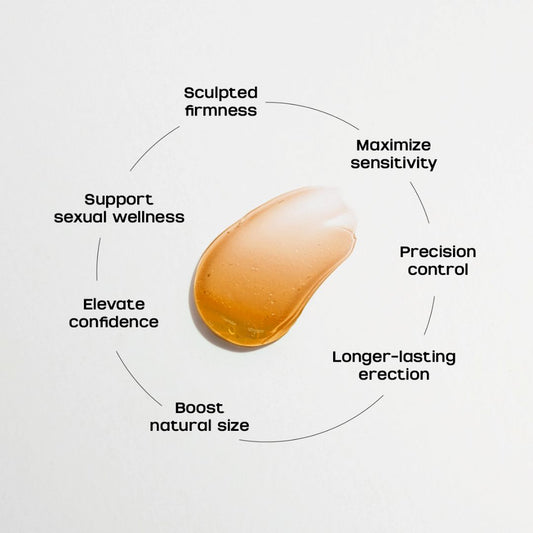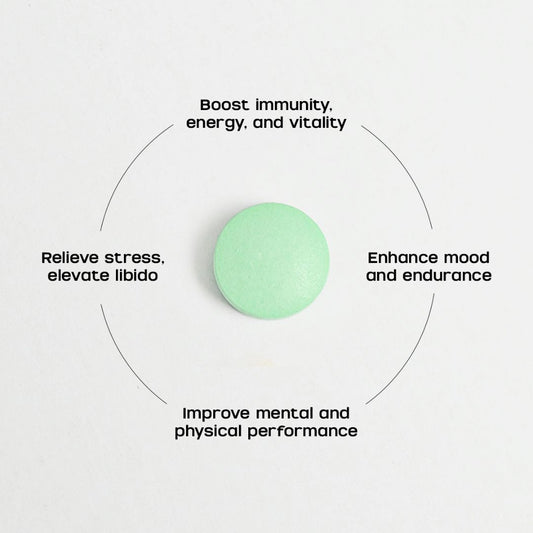Our blog offers in-depth resources on men's sexual health, with a special focus on the most searched concerns like
erectile dysfunction, premature ejaculation, penis enlargement, and the use of natural sex pills. We cover trending
ingredients such as tongkat ali and cistanche, often included in herbal supplements for libido and erection support.
Readers will find trusted information on how to treat erectile dysfunction naturally, how to last longer during sex,
and what sex pills for men really work without harmful side effects. We also explore safe methods for penis
enlargement, comparing pills, pumps, extenders, and topical oils.
Posts include reviews of the best natural male enhancement products, alternatives to ED medications like Viagra, and
tips to improve sexual stamina and confidence. You'll learn whether penis pumps are effective, how tongkat ali
works, and how to choose the right solution for your needs.
Whether you're exploring penis growth methods, looking for natural ways to treat ED, or researching cures for
premature ejaculation, our blog provides comprehensive, evidence-based content to help men take control of their
sexual wellness.
Pygeum Bark: Benefits, Side Effects, Dosage, Preparations, and More
Pygeum bark (Pygeum Africanum), derived from the African cherry tree, has been used for centuries for its medicinal properties. As a product expert, let's delve into the health benefits, side effects, dosage, and preparations of this natural remedy.
Health Benefits of Pygeum Bark
Pygeum bark is known for its potential to improve prostate health. Studies have shown that it may help reduce symptoms of benign prostatic hyperplasia (BPH), such as frequent urination and nighttime urination. Additionally, it has anti-inflammatory properties that can aid in reducing inflammation in the body.
Potential Side Effects
While pygeum bark is generally considered safe for most people, some individuals may experience mild side effects such as stomach upset or headache. It is important to consult with a healthcare professional before incorporating pygeum bark into your routine, especially if you have underlying health conditions or are taking medications.
Who Should Avoid Pygeum Bark
Individuals who are pregnant or breastfeeding should avoid pygeum bark, as its safety during these periods has not been established. Additionally, individuals with a history of liver disease should exercise caution when considering pygeum bark due to its potential effects on the liver.
Recommended Dosage
The typical dosage of pygeum bark extract is around 100 - 200 mg per day. It is usually taken in capsule form and can be consumed with or without food. However, it is essential to follow the dosage instructions provided by the manufacturer or consult a healthcare professional for personalized recommendations.
Preparations of Pygeum Bark
Pygeum bark is commonly available in various forms, including capsules, extracts, and teas. It is important to choose a reputable source when purchasing pygeum bark products to ensure quality and efficacy. When preparing pygeum bark tea, steep the bark in hot water for several minutes before consuming.
As a product expert, it is essential to highlight the potential benefits, side effects, and considerations associated with pygeum bark. By understanding the proper usage and precautions, individuals can make informed decisions about incorporating this natural remedy into their health regimen.
